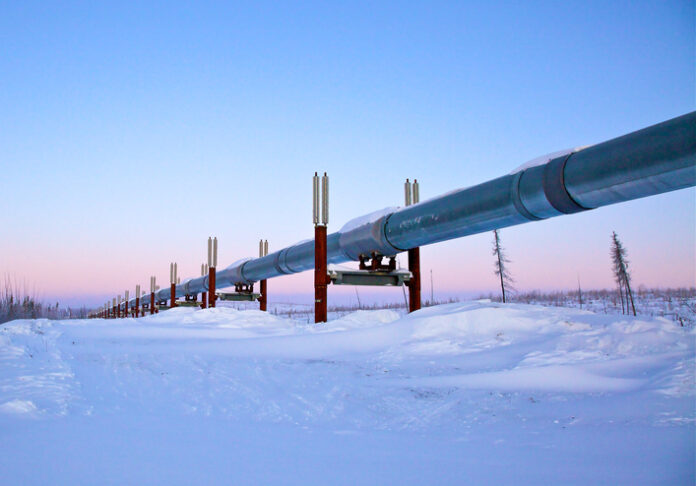The United States Supreme Court stayed a lower court ruling that was holding up dozens of oil and gas pipeline projects across the nation. The Court’s ruling allows most of the projects, approved under expedited procedures by the Trump administration, to proceed. However, the order exempts the long-delayed expansion of the Keystone XL oil sands pipeline, continuing the hold on it.
The Supreme Court’s order reverses a nationwide stay issued by Judge Brian Moore of the U.S. District Court of Montana in Army Corps of Engineers v. Northern Plains, on pipeline projects issued under rule developed by the Trump administration to expedite critical pipeline projects, called Nationwide Permit 12 (NP12).
Under NP12 the U.S. Army Corps of Engineers allows pipelines to be constructed across or underneath bodies of water on an expedited basis, using standardized environmental impact statements. Moore ruled the Army Corps had failed to properly account for the impact individual projects might have on endangered species, ordering a halt to all pipelines approved under NP12, pending the completion of a separate environmental impact statement for each project under the rules that existed before NP12 was issued.
Partial Victory
The Supreme Court’s ruling provide a partial victory to the eighteen states and dozens of companies, consumer groups, and trade associations who sided with the Trump administration in the court battle over NP12 and its attempt to get pipelines built more expeditiously than under the Obama administration.
The ruling should allow more than 70 pipeline projects that had been delayed by Moore’s order to proceed.
Keystone Fight Remains
The last remaining portion of the 1,200-mile Keystone XL Pipeline to be constructed, which would link Canadian oil sands fields to refineries on the Gulf Coast, was not covered by the Supreme Court’s ruling.
The vast majority of the pipeline did not need federal approval, having been finished in 2013, running from Alberta, Canada, to Illinois, Oklahoma, and Texas.
The final segment needed approval from the U.S. State Department.
Keystone’s developers have projected it will safely transport as much as 830,000 barrels of crude oil from Alberta to Montana, Oklahoma, and Texas, stretching 875 miles through Montana, South Dakota, and Nebraska.
Under President Barack Obama, the State Department twice issued reports concluding the pipeline would deliver large quantities of Canadian oil to U.S. refineries, create thousands of jobs, and have minimal environmental impact in the United States. Despite his State Department’s conclusions, Obama denied approval of the final leg of Keystone XL, saying it would contribute to climate change.
The court’s exclusion of the final portions of the Keystone XL pipeline from its order is a setback for President Donald Trump, who had promised to move Keystone forward during his 2016 campaign for the presidency.
Trump signed a presidential memorandum on Jan. 24, 2017, just days after being sworn in as President, ordering the State Department to “take all actions necessary and appropriate to facilitate [the] expeditious review” of the Keystone permit application.
As legal matters stand now, Keystone XL’s developers will have to go through the lengthy process in place under the Obama administration to get the final segment approved and completed.
Sterling Burnett, Ph.D. (hsburnett@heartland.org) is the managing editor of Environment & Climate News.

























